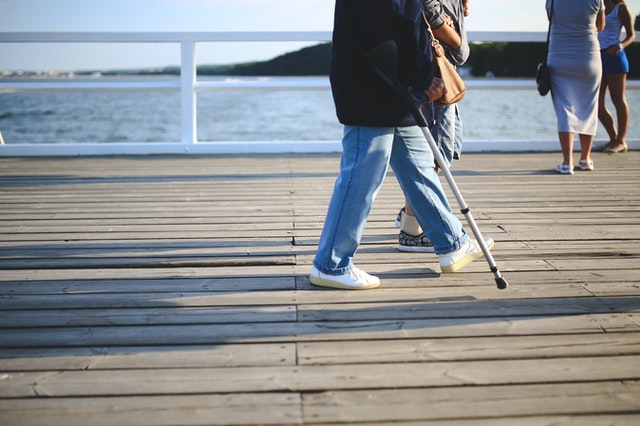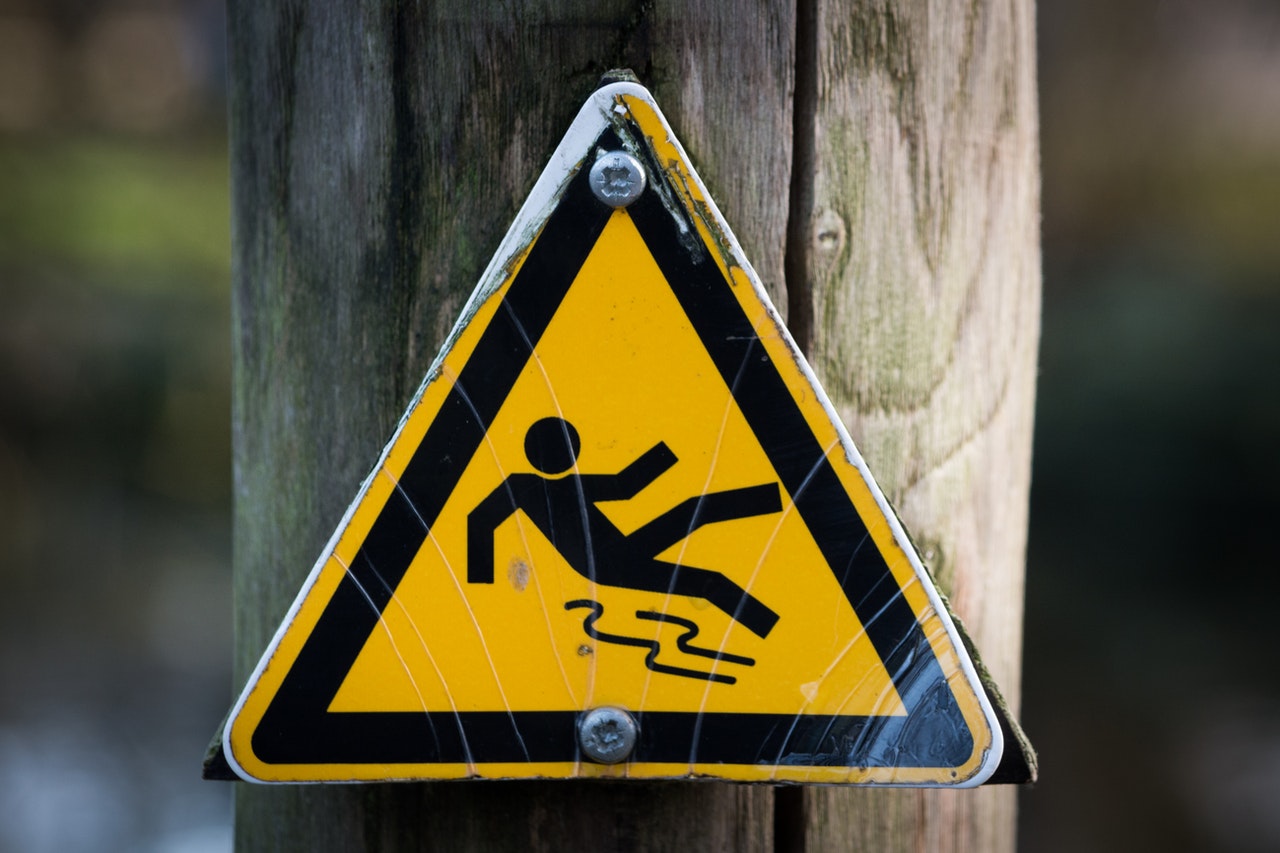Slip And Falls At Work
One of the most common places to have a slip or fall-related injury is in the workplace. The third-leading cause of unintentional death due to injury is falling. While industries like construction are certainly most at risk for fall injuries, slip and falls can happen even at desk jobs.
The National Safety Council keeps data and statistics on injuries and deaths from slip and falls, organized by industry, such as:
- Education and health services – 51,150 injuries with 21 resultant deaths
- Wholesale trade – 14,360 injuries with 30 resultant deaths
- Retail trade – 29,530 injuries with 34 resultant deaths
- Government – 69,530 injuries with 41 resultant deaths
Slip and falls at work can be caused by a plethora of factors. In industrial settings, you may encounter spills of varying lubricants that have not been properly cleaned. In countless other settings, you may encounter things like the water leftover from mopping, water, or other liquids on flooring that is non-porous, waxed, or sealed. Other common culprits are stairs and steps, thresholds between rooms, uneven flooring, and obstructions like debris and bunched up rugs, carpets, or floormats. Slip and fall injuries are responsible for missing 11 days of work on average.
Special Reporting Requirements
During slip and fall events in the workplace, there are likely going to be additional reporting needs that must be fulfilled. Often, management and human resources need an accident report to be filed as soon as the incident happens, or any claims resulting from the incident can be easily dismissed, including workers’ compensation.
Workers’ compensation will often take care of, or at least help with, medical expenses associated with the incident, as well as payment for time missed from work due to the injuries. The downside to this is that frequently accepting this compensation will exclude you from suing or initiating any litigious action against the company for further damages. With slip and falls that occur in the workplace, it is extremely important that you try to record as much evidence as possible to ensure that you can prove that the injury happened at work and that it was due to unsafe or negligent conditions.










